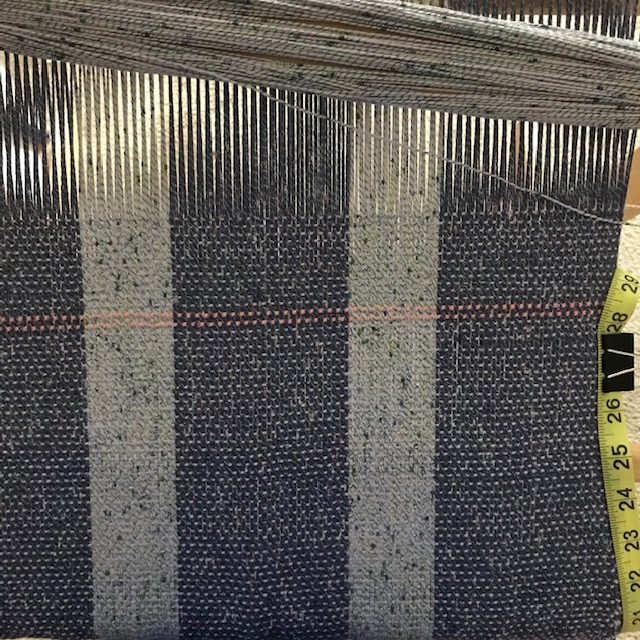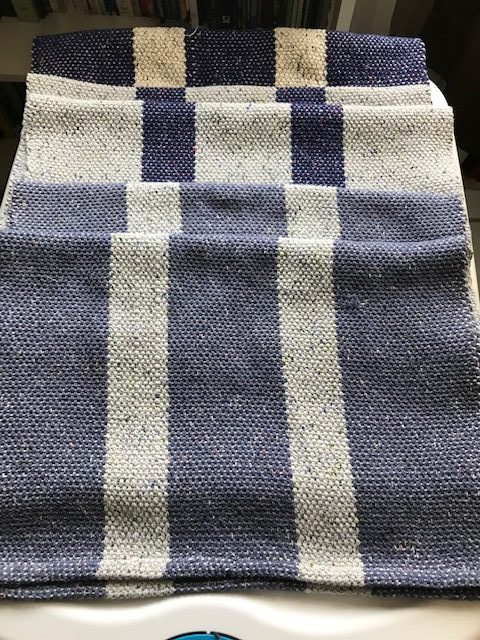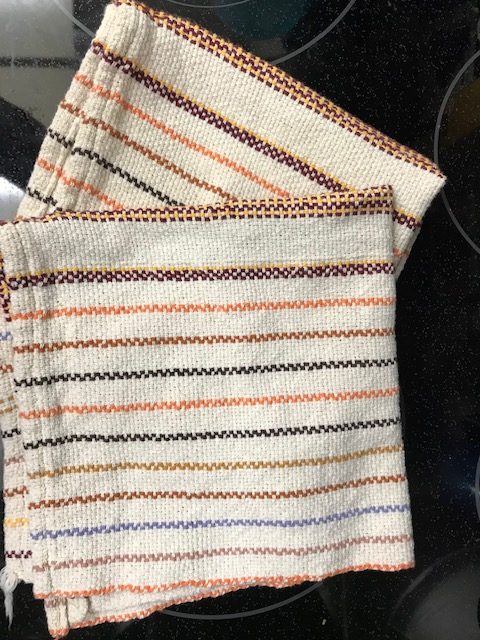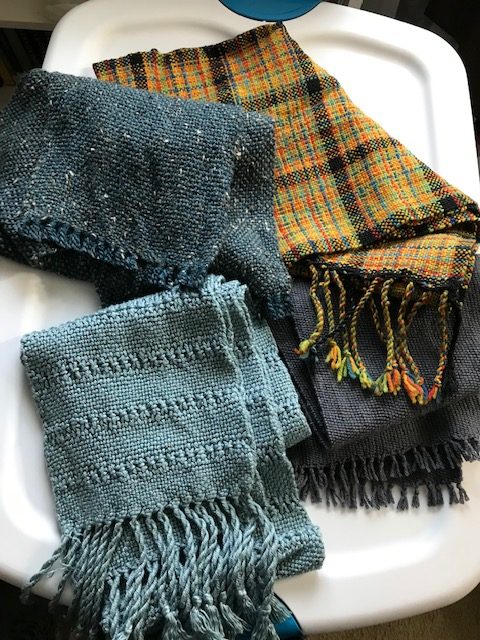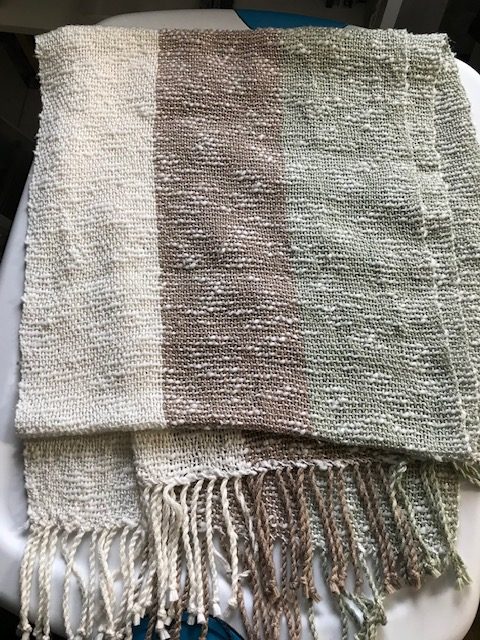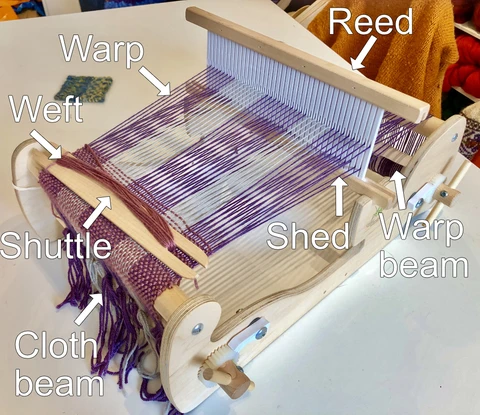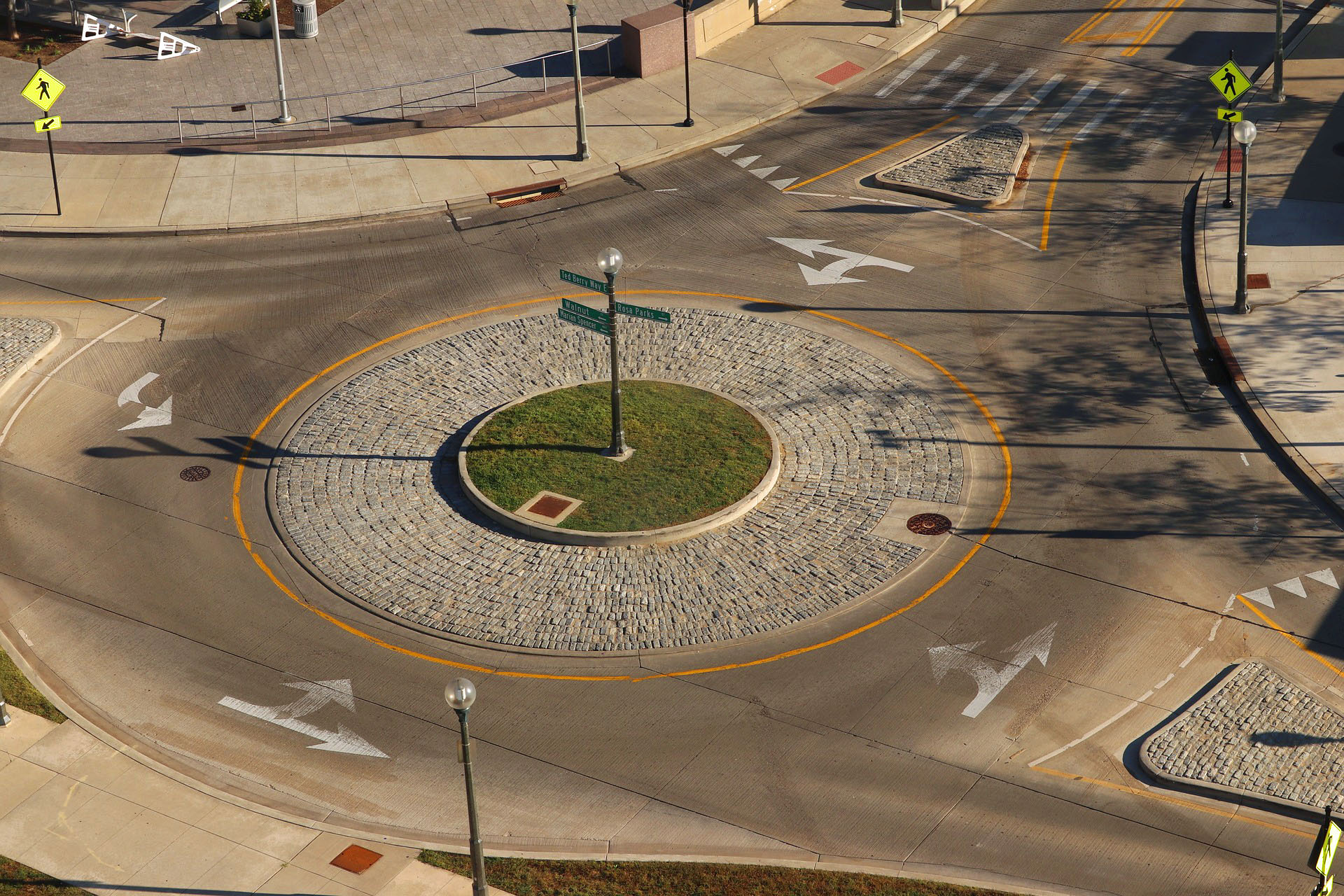Writing without revising is the literary equivalent of waltzing gaily out of the house in your underwear. — Patricia Fuller
What have I learned from editing both a novel and poetry? They aren’t as far apart as I thought. I learn from editing poetry how to make novel sentences more succinct and to punch up the imagery. From editing novels I learn to look at the big picture of a poem and how to decide whether to cut or expand to enhance meaning.
It is my ambition to say in ten sentences what others say in a whole book. — Friedrich Nietzsche
Poetry editing may take two, twelve, or twenty passes. (At least for me) The novel can take 100. They need what they need, but poetry tends toward more instant gratification. Editing a novel can make despair set in. Will this furshlugginer thing ever be done? As with poetry, eventually, you have to abandon your work and declare it done. Continual editing is counterproductive. That way lies madness.
The writing itself is no big deal. The editing, and even more than that, the self-doubt, is excruciatingly impossible. — Jonathan Safran Foer
I like editing, smoothing out the big, glorious mess that’s a novel, or paring down a poem to the essentials. Hopefully, I don’t wind up with haiku, because haiku have their own baggage to contend with. On rare occasions, the prose needs to be added to instead of cut. When I go into editing swinging an ax, I can overlook spots where more is better. Problem nail, meet hammer.
“Editing. It’s like dieting; except a lot more violent.” ― Leya Delray
Poetry and novel writing both share the same problem. In editing too much, the freshness evaporates into a saggy old balloon. I think it’s true you need to put new writing away for a while to look at it with new eyes, untainted by the story you had in your head. Poems, from anywhere from a week to a month. Novels for a month or more. But writers are impatient. We want to see our poetry in print as fast as possible. Ditto novels.
While writing is like a joyful release, editing is a prison where the bars are my former intentions and the abusive warden my own neuroticism. — Tiffany Madison
I don’t write or edit to music. I’ve done it before, but even 10 years on I can still hear the piece of music I wrote a certain scene to playing in my head. After 10 years, I still hear every word and guitar riff, and I can’t write a similar scene without the piano refrain rearing its head. (Correction, my music is the chirp of birds outside my window. I even recorded 10 minutes of it and looped the redwing song into an hour-long feather-filled backdrop for writing.)
I am one of those strange writers who can actually derive pleasure from the editing process. — Cindy Matthews
However you edit, dive into it with open eyes — and a glass full of your motivator of choice. Novels, poetry, the rambling essay, they all benefit from a good nap before you edit your way to success. How do you like to edit?
Writing is not like painting where you add. It is not what you put on the canvas that the reader sees. Writing is more like a sculpture where you remove, you eliminate in order to make the work visible. Even those pages you remove somehow remain. There is a difference between a book of two hundred pages which is the result of an original eight hundred pages. The six hundred pages are there. Only you don't see them. — Elie Wiesel
Other Essays on Editing
Pulling Words Apart to Smash Writing Together


